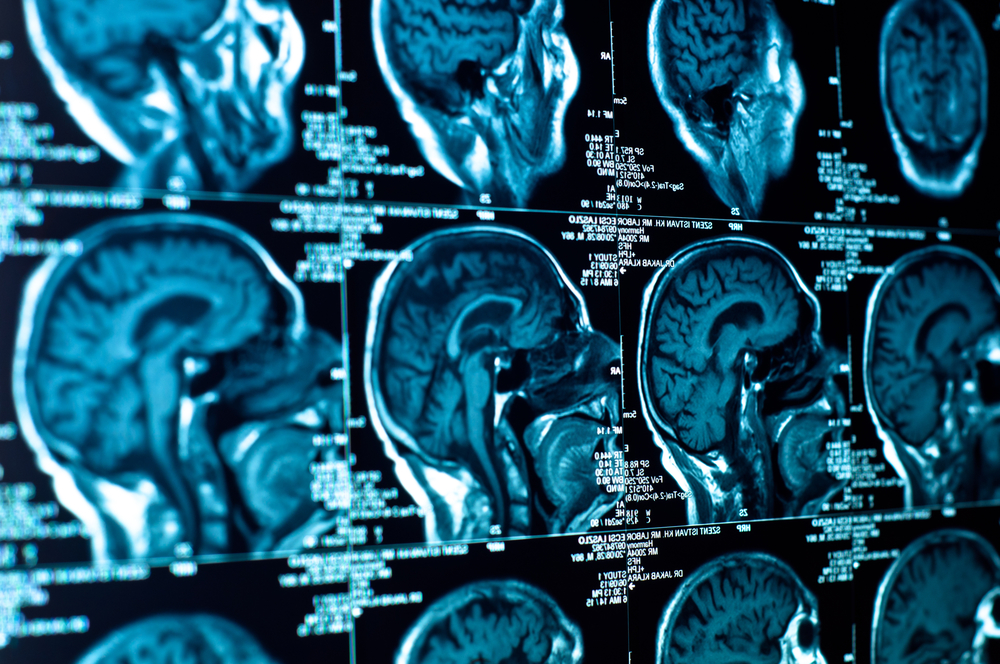
Traumatic brain injuries are devastating, life-changing and often not obvious to the casual observer.
The United States Centers for Disease Control (CDC) reports that head trauma is the second leading cause of death in auto accidents. In Pennsylvania, one study reported that almost 79 percent of traumatic brain injury occurred in motor vehicle accidents.
If you’ve suffered a brain injury due to an auto accident, you need an experienced attorney on your side to help you get the compensation you deserve. Our attorneys understand that your injury whether permanent or temporary, have a significant impact on your life.
Traumatic Brain Injury Symptoms
After a car accident, a head injury may be difficult to recognize, even to emergency personnel trained to see injuries. This is often because the injured person may have more obvious, painful and traumatic injuries, especially if the vehicles were involved in a high-speed crash.
It is also possible that a brain injury may not display symptoms until hours, days or even months after the crash. In addition, the symptoms may not seem severe or you may believe they are caused by something else , especially if it has been awhile since your car accident. Symptoms that could indicate head trauma include:
- Sleep pattern changes
- Sight, hearing, smell or taste changes
- Clear fluid drainage from the nose or ears
- Dizziness or loss of balance
- Fatigue or drowsiness
- Headache, especially one that lingers
- Inability to remember things or concentrate
- Lack of coordination
- Mood swings or changes
- Nausea or vomiting
- Sensitivity to light or sound
- Weakness or numbness in fingers and toes
Although these symptoms should be reported to your doctor immediately, you should seek medical attention as soon as possible if you suffer from seizures, one or both of your eyes are dilated, you are profoundly confused or your speech is slurred.
Young children may be even harder to diagnose as they are often unable to express their symptoms in words. If a young child was involved in the auto accident with you, watch for a change in their ability to pay attention, changes in eating or nursing habits and changes in sleep habits. They may be very irritable, inconsolable or seem exceedingly sad. Any of these signs should be treated immediately.
Types of Traumatic Brain Injuries
There are many different types of head injuries that can occur in vehicle accidents. They are normally classified into two types of injury, blunt and penetrating. Blunt trauma occurs when the head collides with an object while penetrating trauma occurs when an object pierces the skull and enters the brain. You often hear blunt trauma referred to as “closed head injury.” Types of blunt trauma include:
- Concussion – A blow to the head causes the brain to move back and forth inside your skull. This causes bruising, damage to blood vessels and nerve injury. Although most concussions are minor, left untreated they can lead to brain swelling, brain damage, long-term disability and even death.
- Intracranial hematoma – When the fluid surrounding your brain cannot absorb the force of a blow or quick stop, your brain may slide forcefully against your skull, causing the equivalent of a bruise. This is a potentially life-threatening condition as blood collecting between your skull and your brain can compress brain tissue.
- Cerebral contusion – A blow to the head can cause a bruise on the brain tissue which may cause multiple small blood vessel leaks into the brain. Like intracranial hematomas, this can be a life-threatening condition.
- Diffuse axonal injury – Occurring in about half of all traumatic brain injuries, diffuse axonal injury is not caused by the blow to the head, but instead by the brain moving back and forth inside the skull as a result of sudden acceleration or deceleration. This causes lesions that cause unconsciousness and are a common cause of vegetative state after a severe brain injury.
Ramifications of Brain Injury
Research indicates that 43 percent of people who suffer a traumatic brain injury are still disabled as much as one year after the injury. They may suffer permanent cognitive, motor, sensory or emotional damage while many suffer a combination of several different impairments. Currently, more than five million people in the United States live with traumatic brain injury.
If you or a loved one have suffered traumatic brain trauma after an accident, you may be eligible for a personal injury claim. Contact Lundy Law today to learn what rights you may have. You can contact us through our simple query form online or call us at 1-800-Lundy Law. Whether your accident occurred in Pennsylvania, New Jersey or Delaware, We are here to guide you through the process and get you the compensation you deserve.










